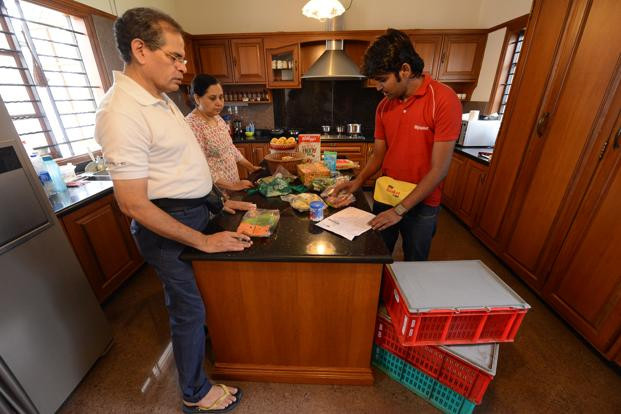
Thank you for being a bigbasket!
We have given you some free delivery tokens. The free delivery
tokens are valid till few days. A free delivery token is
automatically used each time a delivery charge is due. So, enjoy the bigbasket experience even
more with the free deliveries!
By clicking on “I agree”, you confirm
You are not buying tobacco products on behalf of underage persons.
Your business premise is not within 100 yards of a school, any educational institution, place of worship, or healthcare establishment..
bigbasket’s Terms of Use, Privacy Policy, and Terms and Conditions. applicable. We reserve the right to report your account if you are in violation of any of the above.
Select your city to start shopping
SHOP
COMMONLY SEARCHED
- common terms
POPULAR BRANDS
CATEGORIES
My Basket
Shop by Category
- Fruits & Vegetables
- Foodgrains, Oil & Masala
- Bakery, Cakes & Dairy
- Beverages
- Snacks & Branded Foods
- Beauty & Hygiene
- Cleaning & Household
- Kitchen, Garden & Pets
- Eggs, Meat & Fish
- Gourmet & World Food
- Baby Care
- View All
Redirecting to grocery shopping
You will be taken to the bigbasket grocery shopping. Confirm to proceed













